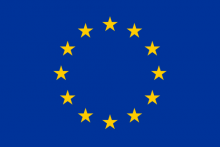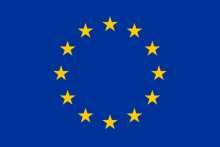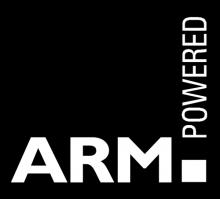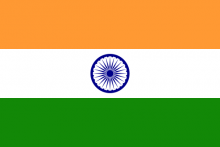Facebook deleted EU facial recognition data, regulators say
Facebook has deleted all European facial recognition data, the Irish data protection commissioner and a German data protection regulator confirmed independently Thursday after reviewing parts of the social network's source code.












































































